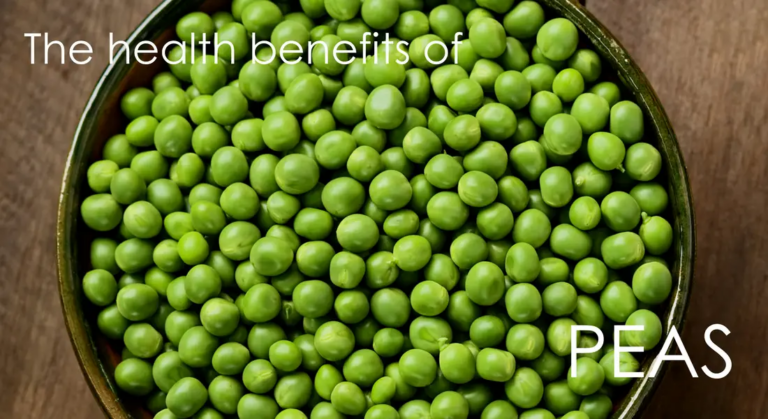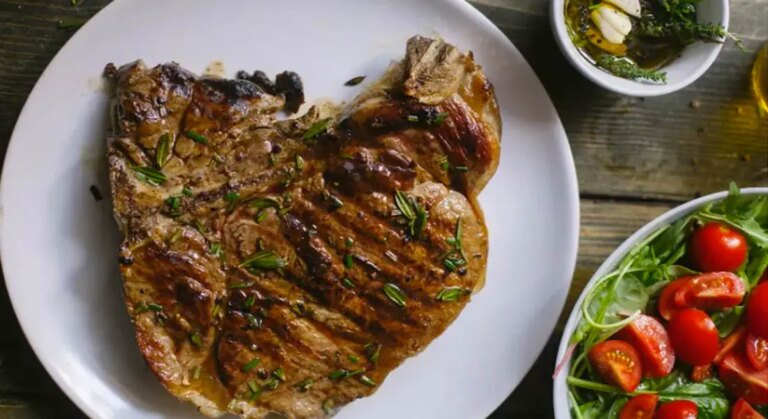A person whose weight is higher than what is considered healthy for their given height is described as overweight or even suffering from obesity. Obesity has spread beyond rich countries to affect people of all income levels. (1, 2)
Defined as a high BMI (body mass index), obesity is a risk factor for many of the world’s leading causes of death, including heart disease, stroke, diabetes, and various types of cancer. (3)
Becoming overweight does not directly cause any of these health effects, but it does increase their likelihood. Being overweight is one of the leading causes of death and disease worldwide. (2)
The body mass index is a measure that uses your height and weight proportion to work out if your weight is healthy. The calculation divides an adult’s weight in kilograms by their height in meters squared. For example, A BMI of 25 means 25 kg/m2.
For most adults, an ideal BMI is in the 18.5 to 24.9 range. If your BMI is between 30 and 39.9, you are in the obese range. (7)
According to the Global Burden of Disease study, 4.7 million people died prematurely in 2017 as a result of obesity. (2)
Diet plans based on scientific principles that teach you techniques to boost your metabolism and burn fat are everywhere.

One new science-based principle is that differences in the success of our weight loss goals might come down to differences in our brains.
Researchers at Wake Forest University School of Medicine have discovered that two specific brain networks can greatly impact how successful a person is at losing weight.
Are there easy shortcuts to burning fat at an accelerated pace? Could this be all in our minds?
Scientific Studies for Weight Loss Success
The findings, published in the journal Obesity, may eventually aid in the development of tailored, behavior-based treatments that target specific brain circuitry to aid in weight loss. Funding for the study was provided by the Institute on Aging.
According to the study’s principal investigator, Dr. Jonathan Burdette, professor of radiology at Wake Forest University School of Medicine, the findings show that the brain network properties of people who were less successful at weight loss were different from more successful people.
The purpose of this study was to see if the amount of weight loss after six months of a behavior-based intervention was related to connectivity in two functional networks (FNs), FN1 and FN2, in a group of obese older adults.
Functional brain networks are areas of the brain that communicate with one another. FN1 and FN2 were first identified by Burdette and his team back in 2018 as being involved in successful weight loss.
Seventy-one participants were scanned with functional magnetic resonance imaging (MRI) to see if FN1 and FN2 were predictive of weight loss and, if so, how. Participants were scanned while resting and again after completing a food-cue task.

The data were analyzed at the end of the six-month trial to compare the relationships between the baseline networks and the change in the participants’ weight.
The team discovered that the relationship of brain function in FN1, which includes sensory and motor skills, was significantly associated with six-month weight loss during the resting state.
Six-month weight loss during the food-cue state was significantly associated with FN2, which includes self-regulation and the ability to focus attention.
The degree of success with weight loss is related to two distinct brain network biases: in the resting state, there is a sensory-motor motivational bias to pursue food, whereas when processing food cues, there is a deficit in the executive control and attention network.
The Healthy Conclusions
Dr. Burdette noted: “Some people have a stronger unconscious sensory motor bias to pursue food, while others appear to have less. In a society of food abundance with food cues everywhere, this information can help explain why some people have such difficulty in taking off excess weight and maintaining it.”
“Our findings provide further insight into complex functional circuits in the brain so we now have a mechanistic understanding of why people aren’t losing weight,” Burdette said. “In theory, if you know more about urges and control, we will be able to tailor therapies to an individual as opposed to treating everyone the same.”
The study is the first of its kind to link key concepts that have been identified as important in understanding obesity and overeating to success with behavioral weight loss among older adults with obesity.
Dr. Partha Nandi is a pioneer in methods for helping people manage their weight loss and lose weight. His weekly newsletter will show you how to manage your hormones, cravings, and blood sugar levels with food, and even help with your food mindset and mental attitude!

Count Your Weight Losses and Stay Positive
People always want to lose weight, but some get frustrated when they don’t get the results they want.
You can prime your brain and your metabolism with a different approach to eating.
Here are some quick, simple tips:
- Make sure to have quality, healthy food and drinks available in your home to maintain metabolic and overall health. Stock up on seasonal produce to ward off sugar cravings.
- Your secret weapon for feeling fuller for longer is fiber and lots of it! Think about adding bulk to your digestive tract (instead of your belly) by eating avocados, pears, strawberries, bananas, carrots, beetroot, broccoli, Brussels sprouts, lentils, chickpeas, oats, almonds — even dark chocolate!
You can also take fiber supplements like Fiber Complete, which not only helps with regular bowel function but also supports blood sugar balance and heart health.
- Don’t tell yourself certain foods are bad. Focus on how a portion of food makes your body feel, not on whether it fits with current diet trends.
- Instead of subtracting from your diet, add to it. Restriction has the opposite effect we want, so if we focus on adding foods that aid digestion, like whole grains and proteins that keep us fuller for longer, we won’t be as obsessed. Say hello to meal plans that embrace nutrition, not restriction.
- Limit any negative self-talk. Write down positive changes you’re making each day (like drinking more water or taking walks) in a journal. (4, 5, 6)
You will discover natural treatment and weight loss plans that can keep you healthier and more energetic than ever before – and they are revealed in Dr. Nandi’s Newsletter.
Clever hacks that can lead to huge weight loss, more energy, and more wellness benefits are always good to learn.
Once we know how to customize our brains to burn fat, we think most people would say — whatever works!
Find supplements to support your health and weight loss journey at the Health Hero Pharmacy!

Sources:
- https://www.cdc.gov/obesity/basics/adult-defining.html
- https://ourworldindata.org/obesity
- https://www.who.int/en/news-room/fact-sheets/detail/obesity-and-overweight
- https://health.clevelandclinic.org/this-is-your-brain-on-a-diet/
- https://www.health.harvard.edu/blog/why-keep-a-food-diary-2019013115855
- https://www.healthline.com/nutrition/22-high-fiber-foods
- https://www.nhs.uk/common-health-questions/lifestyle/what-is-the-body-mass-index-bmi/





















